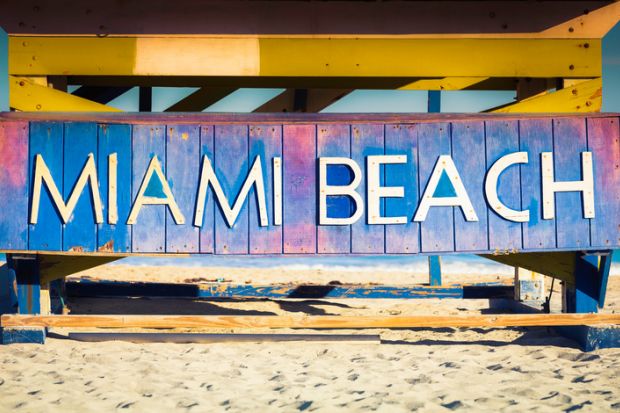The University of Miami has reaffirmed its commitment to academic activities across the Caribbean, following controversy over the appointment of a new director for its Institute for Cuban and Cuban-American Studies.
In August, the institution faced criticism for allowing Miami’s Cuban-American exile community to have input into the appointment, amid local concern that an academic sympathetic to the Castro regime would be appointed. The university also confirmed that it would not enter into any institutional agreements with Cuban universities.
Now a new report released by the institution has emphasised that it was originally envisaged as a “Pan-American” university and that it “has built relationships with peer institutions sprinkled throughout the Caribbean”. Furthermore, “exercising academic freedom, UM faculty have pursued research and study across the islands, including Cuba”.
All of this has led to a stream of ongoing research and scholarship “as deep and rich as the soothing tropical waters”.
Asked about the ISSAC, a spokeswoman said that UM might soon be announcing the creation of “a search committee [to] identify the new director”.




